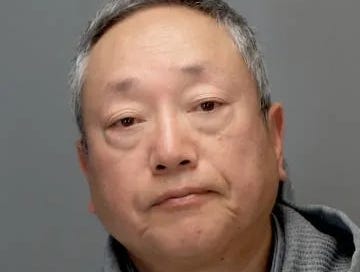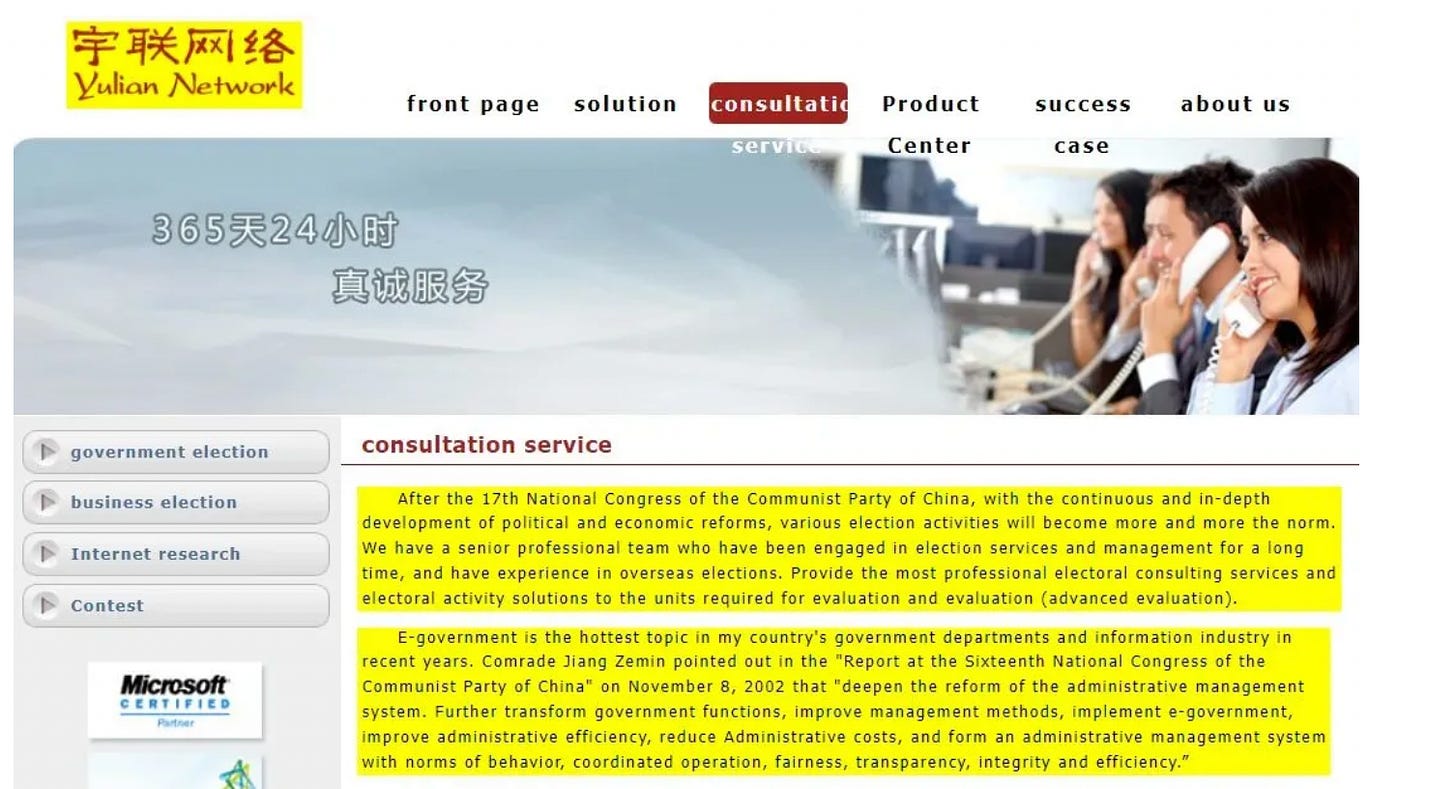Last week, the New York Times published a blistering story (“How Conspiracy Mongers Targeted Election Tech Firm,” October 3, 2022) attacking an election integrity organization, labeling them “conspiracy theorists.” The Times used variations of “conspiracy” and “conspiracy theorists” 11 times in its article, headline, and photo caption to buttress its allegations there was nothing to claims by the group, True the Vote, that there were disturbing issues associated with election software firm, Konnech.
On its website, Konnech claims it provides election worker management and other “election management” software systems to “thousands of Election Offices across North America.”
The Times wrote True the Vote was “[u]sing threadbare evidence, or none at all” in the organization’s claims that detailed personal data on nearly two million poll workers was stored on servers in China. Details allegedly included personal privacy information on poll workers and – curiously - the family members of poll workers. The founder and chief executive of Konnech, Eugene Yu, was born in China.
Without fact-checking, the New York Times repeated Konnech’s denials it was storing any data on Chinese servers. And the Times accepted at face value, Konnech’s claims it did not have any ties to the Chinese government. There were no “foreign ties.”
However, disturbing evidence emerged weeks before the Times article was published. Apparently, Yu has extensive ties to the Chinese government, including the Chinese Communist Party. Reportedly, some of this information was scrubbed from online after Yu’s arrest was announced. In its haste to discredit valid election integrity concerns raised by True the Vote, the New York Times either did not thoroughly research the topic, or it did so and chose to ignore what appear to be deeply troubling warning signs something was amiss with Yu and Konnech.
Officials with True the Vote reported it easily gained access to Konnech’s database by correcting guessing its password was “password.” It was this access by which True the Vote found data on 1.8 million US poll workers and their relatives. The organization reported its findings to the FBI, but the agency only “briefly investigated” before dropping the matter, according to True the Vote.
The ink was barely dry on the New York Times story when a bombshell was dropped the following day. The Los Angeles County District Attorney announced the arrest of Yu. Allegations included the “theft of personal identifying information” on thousands of US poll workers. Further, election management data “was stored on servers in the People’s Republic of China.” True the Vote’s concerns were validated in an extensive two-state investigation by the district attorney’s office. It should be noted, district attorney George Gascón is no right-wing zealot or “election denier.” He is a George Soros-backed radical progressive.
The two most crucial issues are Yu’s apparent ties to the Chinese government and the storage of sensitive US poll worker data in China. It is absurd for anyone to suggest the storing of data – any data – involving US elections would be secure in the People’s Republic of China. Moreover, why offshore such critical information abroad in any country, let alone China unless there was mischief afoot?
Such concerns should not have surprised the New York Times. Just in the past year, the paper has reported on several occasions (here, here, here, here) Chinese government cyber security and data theft efforts targeting the US and other nations. It must be noted, the Times has its own troubling ties to the Chinese government.
The day after its original article, the New York Times published a follow-up story (“Election Software Executive Arrested on Suspicion of Theft,” October 4, 2022) reporting on Yu’s arrest and allegations of data storage in China. The Times did not retract its original story, but the paper did add an editor’s note announcing Yu’s arrest, retitling its story (“How a Tiny Elections Company Became a Conspiracy Theory Target”), and it placed blame for its discredited October 3rd story squarely on Konnech for not informing the paper the election software firm was under criminal investigation for irregularities regarding its election management data.
Mark Hyman is an Emmy award-winning investigative journalist. Follow him on Twitter, Gettr, and Parler at @markhyman, and on Truth Social at @markhyman81.
His books Washington Babylon: From George Washington to Donald Trump, Scandals That Rocked the Nation and Pardongate: How Bill and Hillary Clinton and their Brothers Profited from Pardons are on sale now (here and here).









